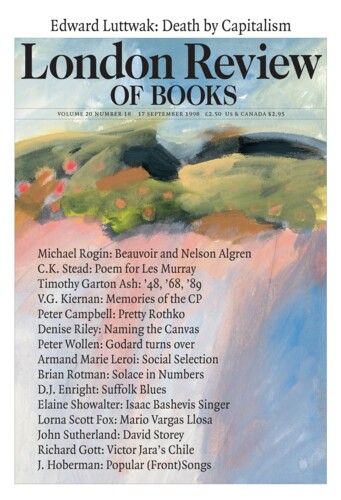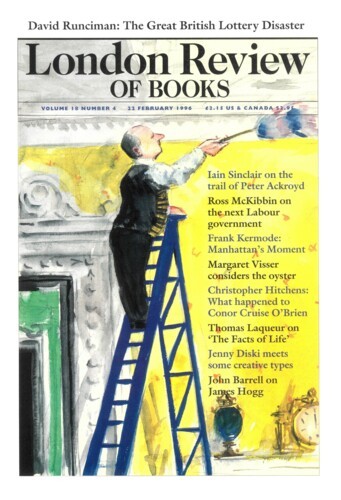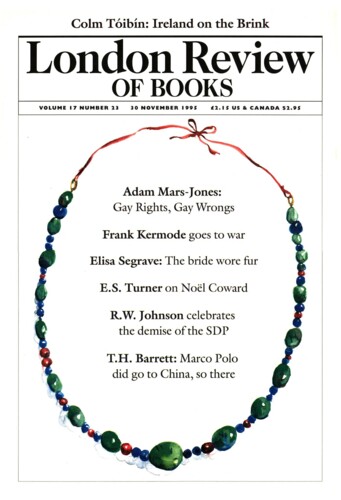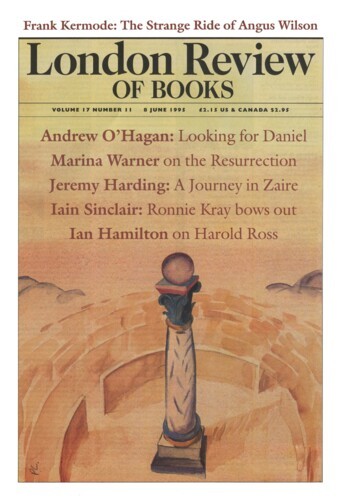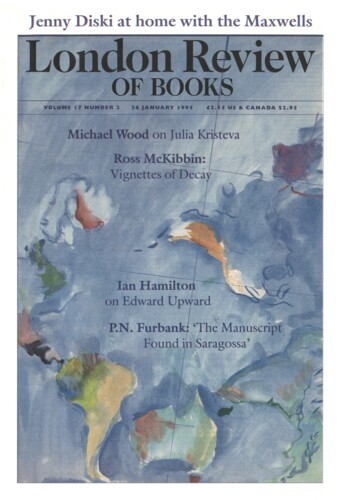Poem: ‘Play It Again’: For Les Murray
C.K. Stead, 17 September 1998
For Les Murray on his 60th Birthday, 17 October 1998
Corporate raider in the larder of language
with more than a tyre to spare and girth to go
he lacks the classic pose of restraint his motto
‘Never say When’ his poems pack-horses unloaded
line by line under a blazing sky or in the
downpour that speaks in gutters and spouts of Excess.
Here the Golden Disobedience is practised.
...
